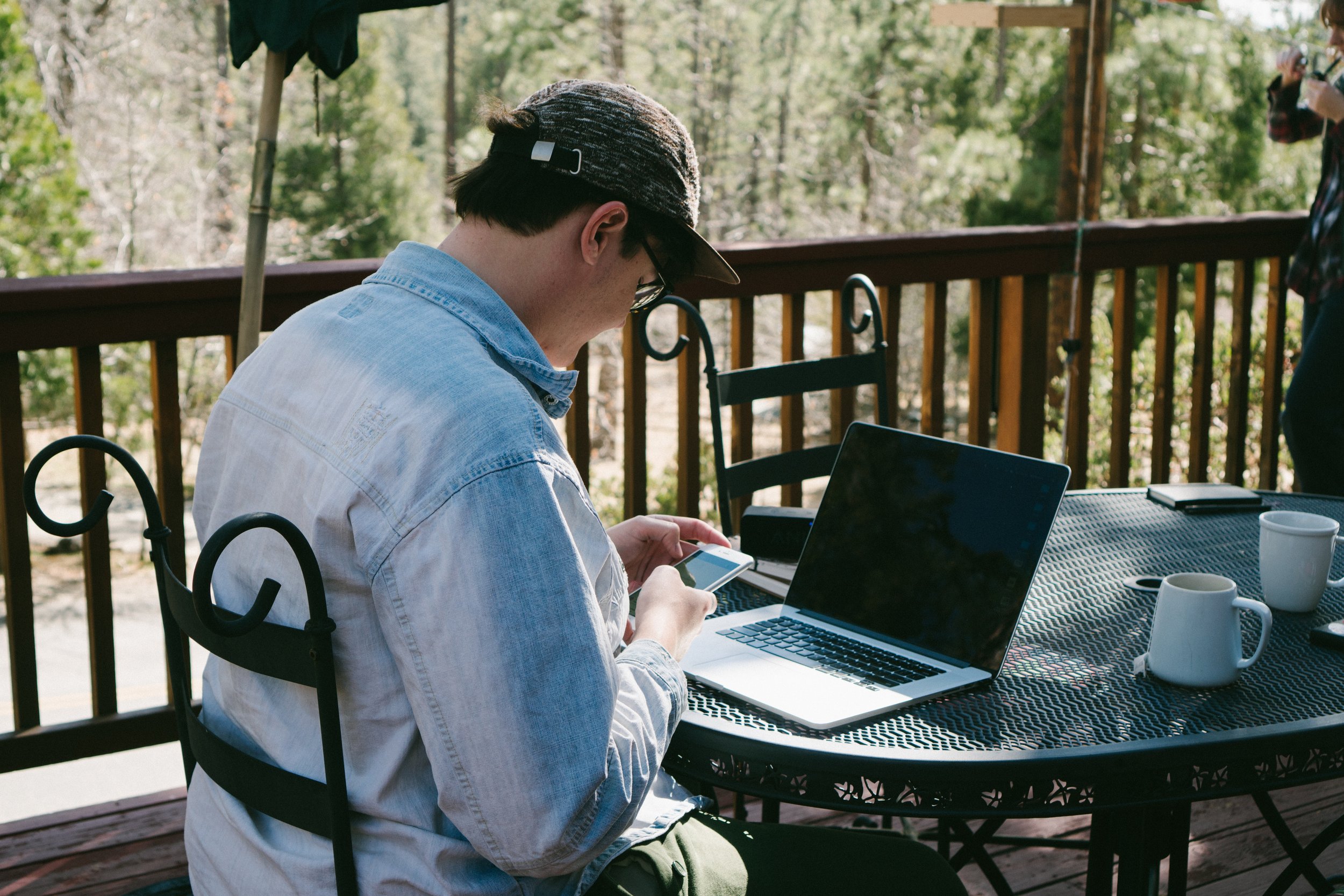The workplace is filled with exhaustion and loneliness—a bit more so than usual.
Research cited suggests "50 percent of people are often or always exhausted due to work," a number that is 32 percent higher than two decades prior.
A recent write-up from the Harvard Business Review concluded workplace burnout today is more impacted by loneliness rather than exhaustion.
So how do Christians respond to a culture that both values and suffers due to the pursuit of productivity?
“The work we do cannot ultimately fulfill us.”
Jesus spoke of the idea of striving, exhaustion, and rest in Matthew 11:28-30.
"Come to me, all who labor and are heavy laden, and I will give you rest. Take my yoke upon you, and learn from me, for I am gentle and lowly in heart, and you will find rest for your souls. For my yoke is easy, and my burden is light.”
The response is found less in striving without ceasing and more in embracing that your work matters and acknowledging its limitations.
The work we do cannot ultimately fulfill us. That doesn't mean it doesn't serve a purpose. We are called to serve the work at hand, not the other way around.
As Tim Keller and Katherine Alsdorf hone in on in their book Every Good Endeavor, "we work to serve others, not ourselves."
By embracing an identity of resting in the person and work of Jesus Christ, a slice of freedom to serve the work at hand—without perpetual exhaustion or loneliness—can be fully embraced.



















